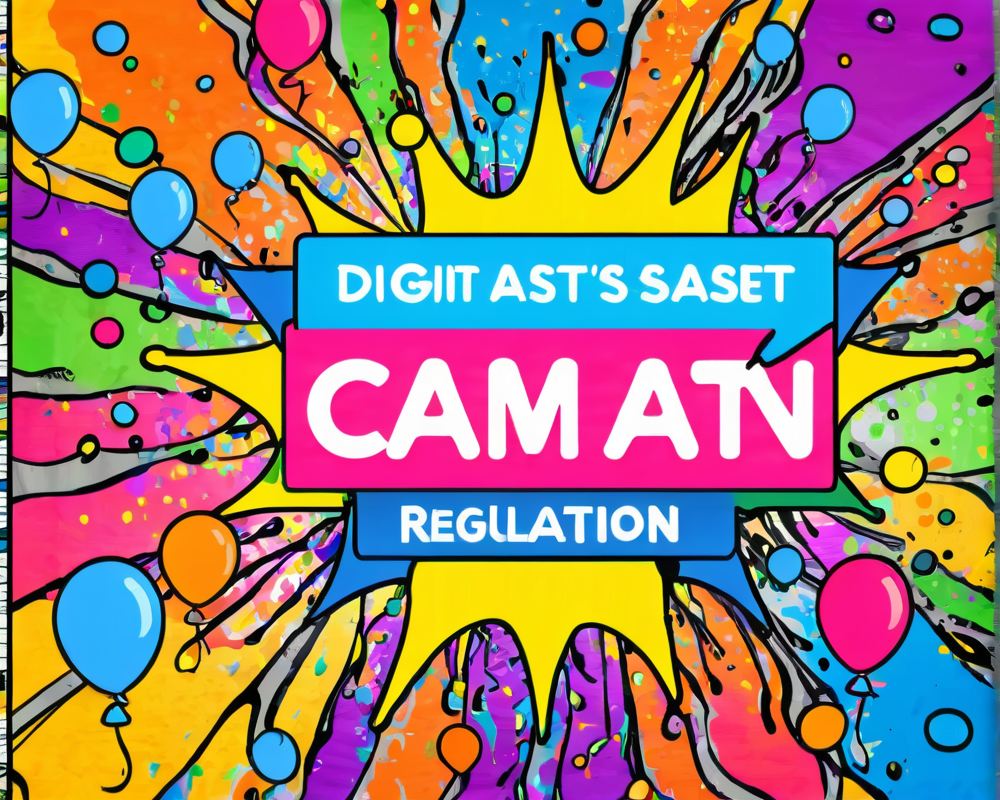The Ongoing Debate on Crypto Regulation
Ah, regulation — the constant buzzkill in the world of crypto. It’s like that one friend who always insists on reading the terms and conditions before accepting the latest app update. On one side, you have crypto enthusiasts who argue that regulation is essential for mainstream adoption. They believe it adds legitimacy and trust, making it easier for consumers and businesses to jump on the blockchain bandwagon. On the flip side, others warn that too much regulation could be the equivalent of a cold shower for innovation, putting digital currencies at a disadvantage compared to cozy fiat money.
Case Studies: Switzerland vs. The U.S. and India
Let’s take a commuter train ride through the landscape of crypto regulation. First stop: Switzerland, a nation renowned for its friendly stance on digital currencies. Recently, two banking institutions nabbed licenses from the Swiss Financial Markets Supervisory Authority, making it a sunny locale for crypto clients. This positive vibe has turned Switzerland into a magnet for blockchain businesses, which reportedly saw their value soar alongside the scenic Swiss Alps.
Now, switch tracks to the United States, where regulation is more like a strict parent than a supportive friend. The U.S. has hit the brakes on initiatives like Facebook’s Libra, worried that cryptocurrencies could seriously disturb the dollar’s beauty sleep. And let’s not forget India — a country so tough on crypto that they’ve threatened up to a decade in prison for offenders. Their regulatory stance has pushed many exchanges to close their doors, possibly leading to a brain drain where the smartest crypto minds might opt for less hostile environments.
The Good, The Bad, and The Ugly of Regulation
When it comes to crypto regulation, the opinions are as diverse as pizza toppings. Some tech pioneers, like Apple co-founder Steve Wozniak, are skeptical about governments wanting to control crypto to preserve old-school revenue streams. They argue that regulation could strip away some of crypto’s best features, like being decentralized and promoting transparency.
On the other hand, many believe that regulation could steer crypto toward a more secure future. It could serve as the much-needed safety net, providing investor protections often taken for granted in traditional markets. Sure, rigorous regulations might slow things down, but let’s face it — a little oversight might keep the “bad actors” in check.
Is Self-Regulation the Answer?
Now, here’s the million-dollar question: Can the crypto industry self-regulate? Some folks think it’s a tantalizing solution that would let crypto businesses keep each other honest by peer-reviewing each other’s operations. Think of it like a sorority where members have each other’s backs (with far fewer glitter and a lot more blockchain). However, others wonder if this self-policing could really work when there’s so much money on the line. After all, could self-regulation end up being more like self-indulgence?
What Lies Ahead for Crypto Regulation?
As we venture into the uncertain waters of the industry’s future, it’s crucial to stay informed. Conferences like the Crypto Finance Conference aim to shine a light on the dark corners of crypto regulation. The events not only provide a platform for discussions but also serve up ample networking opportunities for those looking to ride the crypto wave into the next decade.
The conference’s agenda features deep dives into national digital currencies, banking challenges, and overviews of regulatory developments. It’s the place to be for anyone curious about what’s next in this rollercoaster ride of regulation. Buckle up; it looks like it’s going to be a bumpy but exciting journey!




